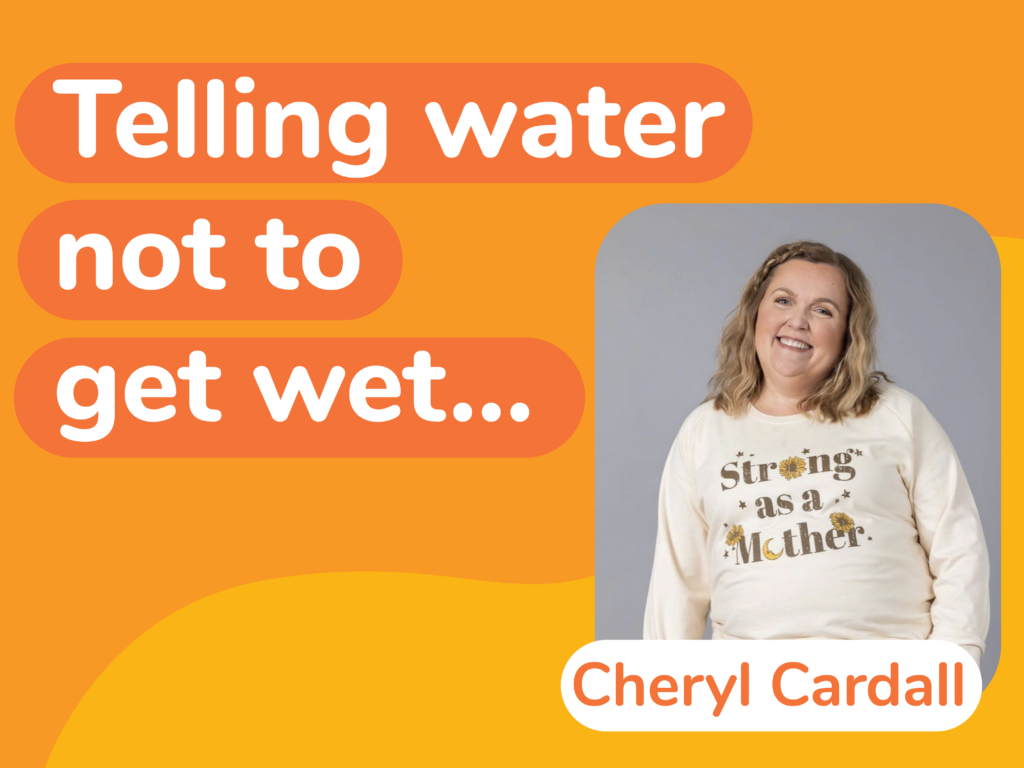
“Telling a mother not to worry about her child is like telling water not to get wet.” -Unknown
COVID-19, grades, illness, friends, teens driving, technology, drugs, anxiety, depression, social media, eating disorders, bullying…and on and on and on. Parenting is so intense in society today. There is so much to think about, and it can be so overwhelming. Worry often seems to be the way of life when it comes to our kids.
We don’t have a lot of control in many circumstances and that can produce so much anxiety, and when we realize we don’t have a lot of control when it comes to things that can happen, it can be almost crippling. So our brain alerts us that there is danger, and we MUST do something about it…and because we don’t have a lot of control, we begin to worry. It feels like it is something we can do. We can at least be thinking about our child. We can at least be worried about what is happening, and that at least feels like something. Somehow worry and love have become synonymous.
The problem is, it isn’t helpful or productive at all. I recently aired a podcast interview with Dr. Julie Hanks about parenting worry and regret. She says that not only is worrying not productive, it can actually be harmful for a few reasons. The first is that it drains our energy and causes us to make decisions out of fear, not clarity. The second is that it can actually be harmful to the relationship with our child. If we are parenting from fear we aren’t focusing on the child. We are focusing on their behaviors, illnesses, or social media activities, etc. Third is that when our child can sense we are so worried, they may switch over to caring for us instead of doing the work to care for themselves. They may start to hide their actions more and lie to us to protect us from worry and fear. Lying is most often a symptom of our kids not wanting us to worry, or they don’t want us to be disappointed in them. Let them know through your words and actions that they don’t need to take care of you. That you are their parent. You are a strong, calm presence in their life and can handle what comes their way.
Here are a few things Julie suggests we do. We need to be aware when the worry monster sneaks in and takes over our brain. Recognize that our brain sends us worrying and fearful thoughts to try and protect us when it senses danger. We can thank our brain for wanting to protect us, acknowledge the thoughts we are having, and then decide what action we can take.
The best action we can take is to use the energy we have spent on worry and fear and turn it into connection with our child. Rub their back, give them a hug, and tell them you love them and empathize when they are struggling. Think about what you have control of and do that. If your child’s mental health is struggling, find a therapist (or make an appointment with one you already work with). Learn about mental health and what you can do as a parent to support your child when they are struggling.
Worry is forward focused. It is thinking about the future and what might happen. Meditation and mindfulness are tools we can use to center us in the present. Focus on the here and now. Sometimes it is focusing on things hour by hour, minute by minute. Worry isn’t actually love. Love is being present. It is seeing your child, not just their struggles. It is focusing on our own actions to build connection and love and letting our child know that we can handle whatever comes. That we are there for them 100%, no matter their struggles, choices, or hardships.
